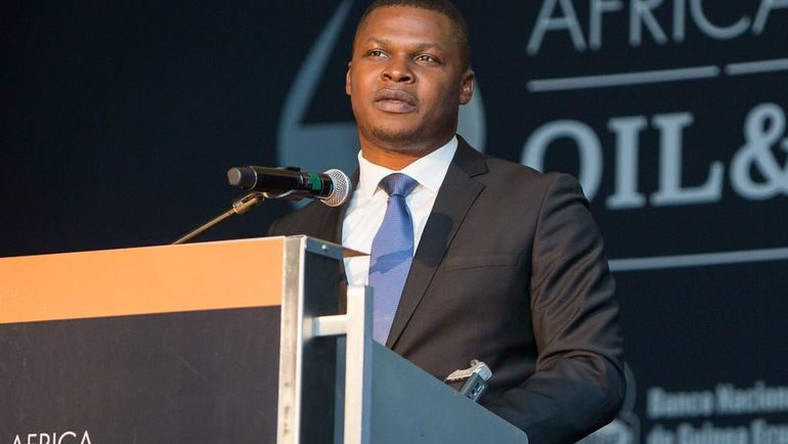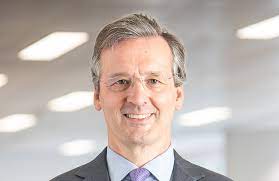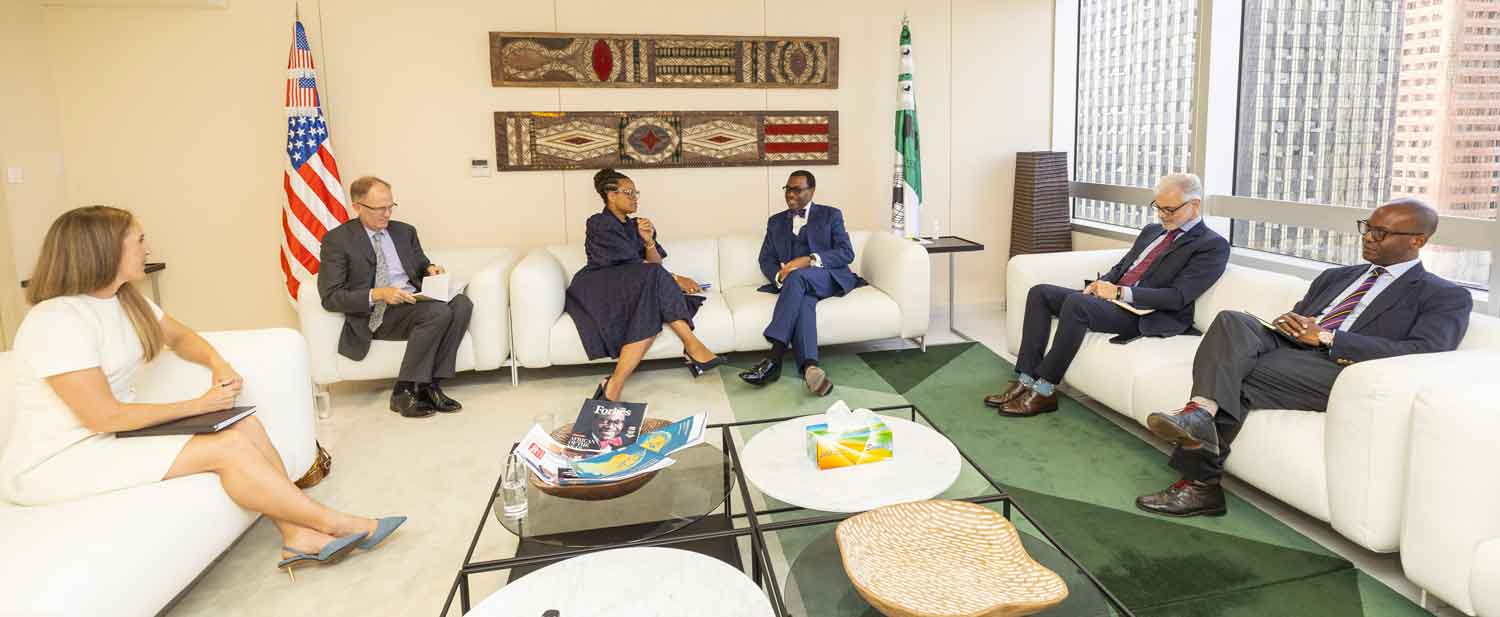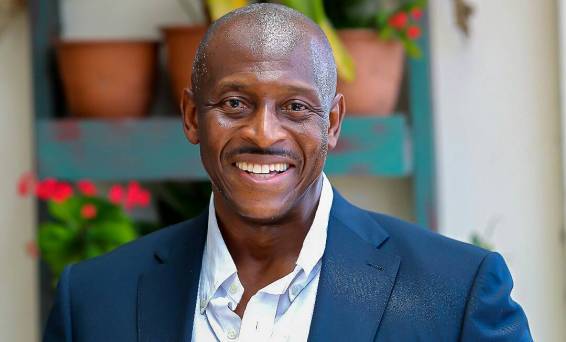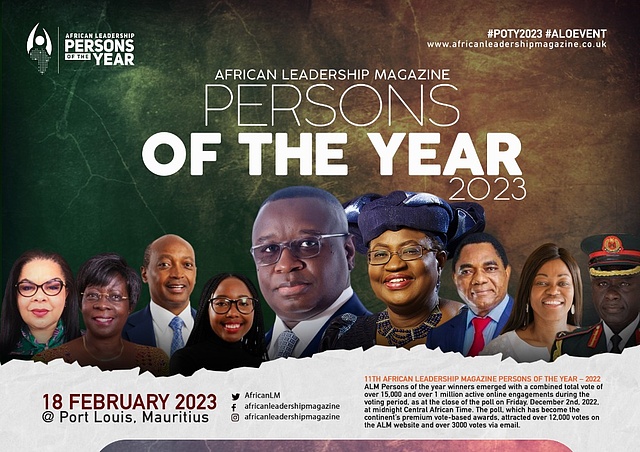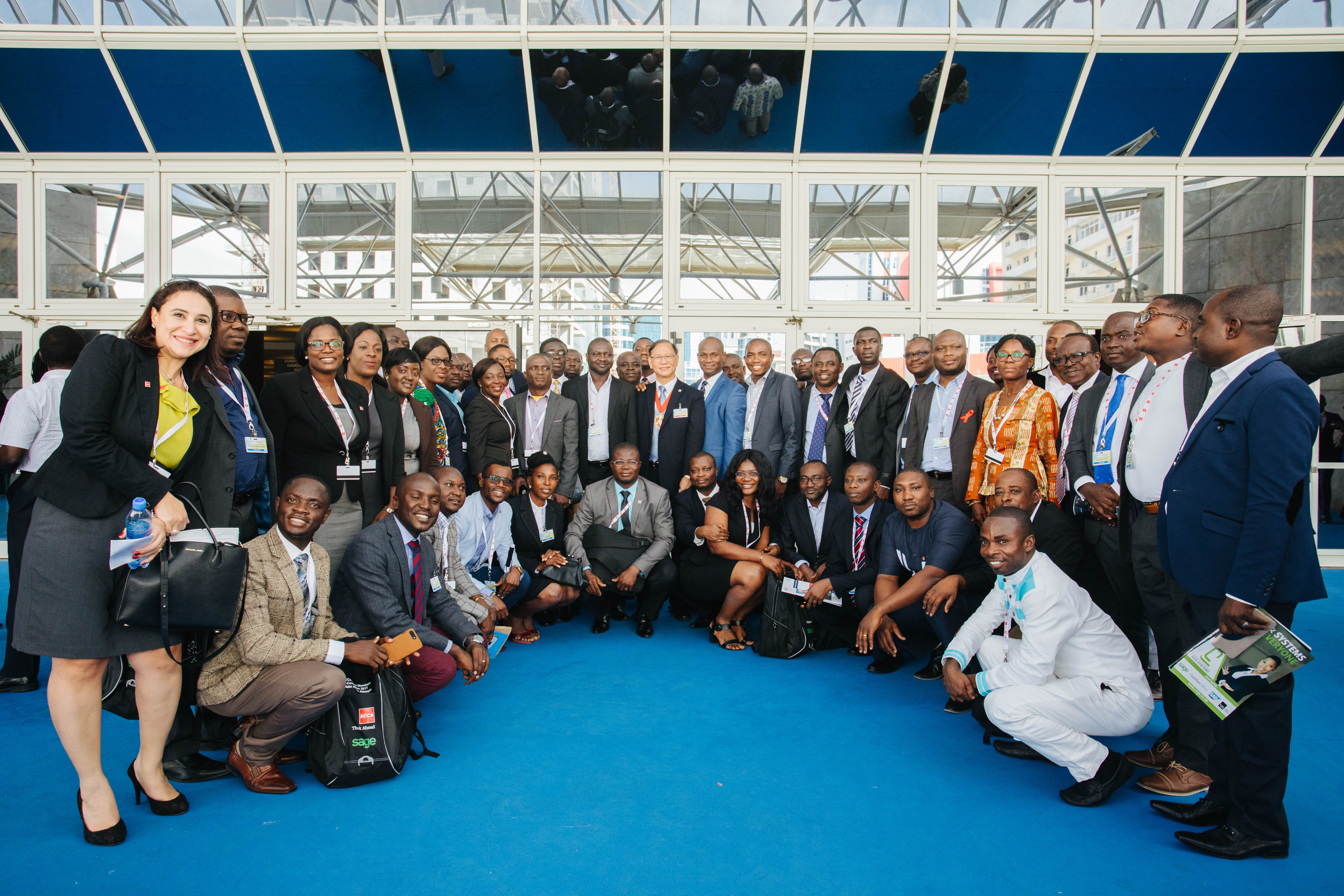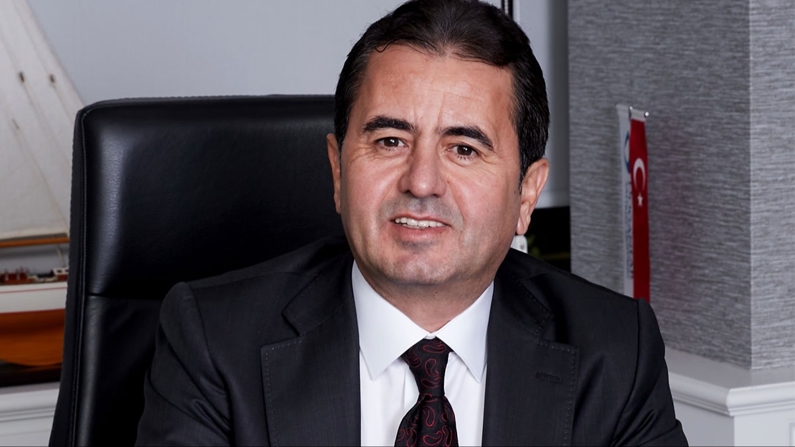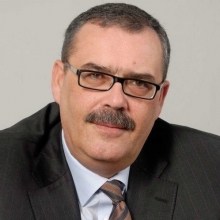Resource-rich Africa has no excuse to remain poor, says African Development Bank president
With $6.2 trillion worth of natural resources, 65 percent of the world’s uncultivated arable land, and a vibrant youth population, Africa has no excuse to be poor, African Development Bank Group President Dr Akinwumi Adesina (http://www.AfDB.org) said on Tuesday.
He said the continent must look inward urgently to solve its many challenges and urged citizens to hold governments accountable for poverty.
The Bank President made the call in Lagos where he delivered a lecture to mark the 40th anniversary of The Guardian, Nigeria’s foremost independent newspaper. The lecture was held under the theme, For the World to Respect Africa.
Adesina, who won The Guardian’s ‘Man of the Year’ Award in 2021, stressed that Africa should not be where it is today and urged its resource-rich nations to strengthen good governance, transparency, accountability, and sound management policies to turn things around.
He said considering the vast natural resources that Africa has, it must become a continent that grows inclusive and well-distributed wealth.
Read also : Nigerian Fintech FrontEdge Raises $10 Million to Enhance Cross-Border Trade Financing
“If we manage our natural resources well, Africa has no reason to be poor. We have $6.2 trillion in natural resources,” he said. “So how in the world are we still poor? We simply need to pull up our socks, stamp out corruption, and manage our resources in the interest of our countries and our people,” added Adesina.

He explained further: “Saudi Arabia has oil, as does Nigeria. Kuwait has oil, as does Nigeria. Qatar has abundant gas, as does Nigeria and other countries. Yet, Nigeria is the country with the largest share of its population living below the extreme poverty line in 2023 in Africa. Clearly, there is something fundamentally wrong in our management, or rather mismanagement, of our natural resources.”
As an example, the Bank president cited South Korea, which raised its GDP per capita from $350 in the 1960s to approximately $33,000 by 2023. “That is the kind of quantum leap that we need,” Adesina said: “We must ask ourselves, when will we make the shift that South Korea made, from being a country that was once on the low end of the development ladder to the rich, industrialised nation that it is today.”
“I am optimistic about Nigeria. I am optimistic about Africa. I believe in Africa,” he added.
Adesina said: “Africa needs the right policies, investments, infrastructure, logistics, and financing…We must make sure that this is driven by a highly skilled, dynamic, and youthful workforce,” he told the audience of ministers and other senior government officials, former state governors, business leaders, academics, and media at The Guardian event.
The Bank President commended The Guardian, for continuing to “guard the truth”.
He said: “Over the years, this world-class publication has set a benchmark for journalistic excellence. It has helped to shape public discourse, champion accountability, and serve as a people’s watchdog. In doing so, The Guardian has justifiably earned the respect of Nigerians and readers across the world.”
The Guardian’s Chairman and Publisher, Lady Maiden Alex-Ibru, described the Bank President as “one of Nigeria’s greatest exports to the world.”
The World’s Breadbasket
Adesina said Africa could play a leading role in resolving not only its own challenges but global ones. “While we must deal with bread-and-butter development issues, we must think strategically as we set ourselves on a path to becoming wealthy nations. Our countries must become great contributors to global wealth and development financing for others.”
He highlighted the African Development Bank’s interventions to drive inclusive development in Africa, including boosting food security.
The African Development Bank has invested about $8 billion in agriculture over the past seven years, improving food security for 250 million people across the continent. In response to Russia’s invasion of Ukraine, which disrupted wheat and maize supplies to Africa, the Bank rapidly approved a $1.5 billion emergency food production facility for countries across the continent.
“Today, this facility is supporting 20 million farmers in 36 countries to produce 38 million tonnes of food valued at $12 billion. This is 8 million tonnes above the 30 million tonnes of food Africa was importing from Russia and Ukraine,” Adesina said.
“But even as we do this, we must do more than simply producing more food and agricultural commodities,” Adesina added. “The export of raw commodities is the door to poverty. The export of value-added products is the highway to wealth.”
The African Development Bank and its partners have provided $1.6 billion to develop 25 Special Agro-Industrial Processing Zones to support private sector processing and add value to commodities across 15 countries.
With partners, the Bank this month launched a $3 billion Alliance for Special Agro-Industrial Processing Zones to support the development of these zones in 11 more countries.
Read also : South African Fintech Stitch Launches Crypto Payment Option Amidst Soaring Cryptocurrency Adoption
Ahead of the 2023 UN Climate Change Conference starting on 30 November in Dubai, Adesina said the African Development Bank will amplify Africa’s calls for climate justice and greater investment in climate action, including adaptation.
The Bank has launched a $1 billion Africa Climate Risk Insurance Facility for Adaptation to scale up climate risk insurance for African countries.
Kelechi Deca

Kelechi Deca has over two decades of media experience, he has traveled to over 77 countries reporting on multilateral development institutions, international business, trade, travels, culture, and diplomacy. He is also a petrol head with in-depth knowledge of automobiles and the auto industry


